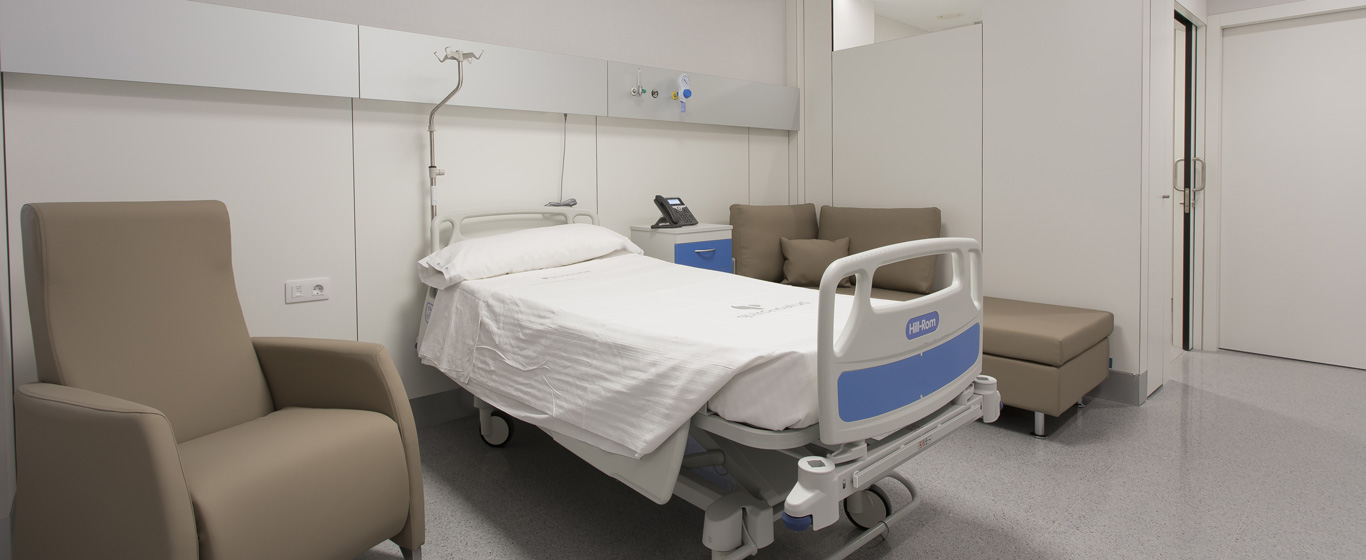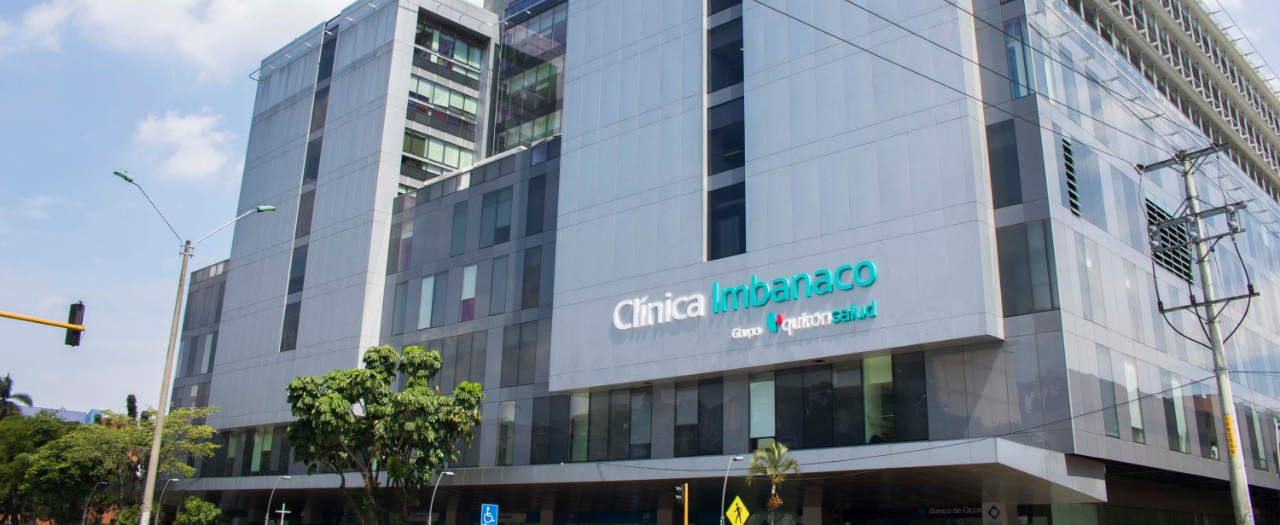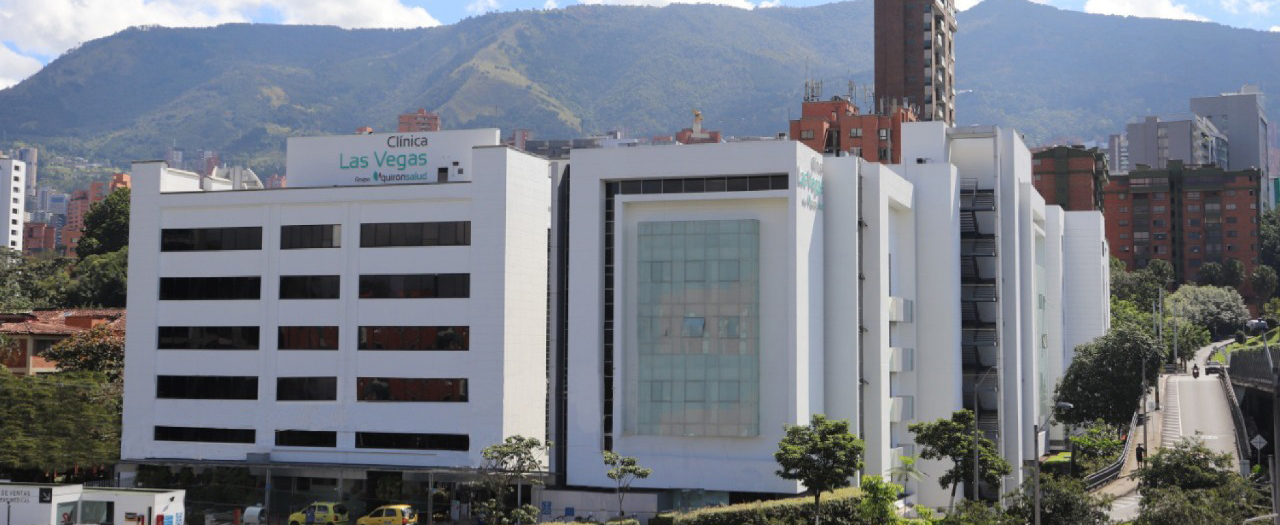Sudden Death
Can sudden death be prevented? Everything you need to know about its causes, symptoms, and different types.
Symptoms and Causes
An unexpected death that occurs without any prior warning event is known as sudden death. In essence, it happens when a healthy person in good physical condition suffers a cardiac arrest.
The primary cause of sudden death is ventricular fibrillation, meaning the heart loses its ability to contract, causing it to stop beating. In some cases, this condition can be reversed with resuscitation maneuvers, but they are not always successful.
If we consider the groups of people it affects, the most common types of sudden death are:
- Sudden Infant Death Syndrome (SIDS): This occurs when a healthy baby under one year old dies while sleeping.
- Sudden death in sports: This happens when an athlete suddenly dies while exercising.
Symptoms
There are no prior symptoms that indicate the onset of sudden death. When it occurs, the affected individuals lose consciousness, stop breathing, turn blue, and do not respond to external stimuli.
Causes
Ventricular fibrillation disrupts the heart’s electrical activity, causing an irregular heartbeat that stops pumping blood to the rest of the body. When the brain goes without oxygen for several minutes, the consequences are severe.
In infants, it is believed that sudden death may be due to failures in the part of the brain that controls breathing. When it occurs in athletes, it is often related to a congenital malformation or a cardiomyopathy.
Risk Factors
Although sudden death is difficult to prevent since it occurs unexpectedly, some known factors increase the risk. The most significant include:
- Infants: congenital brain defects, low birth weight, previous respiratory infections, sleeping on their stomach or side, being placed on an excessively soft surface, excessive covering in the crib, bed-sharing with parents or siblings. The risk of SIDS decreases significantly once the child can turn over independently.
- Adults: smoking, high cholesterol, hypertension, diabetes, coronary artery injuries.
Complications
Sudden cardiac death results in immediate fatality in most cases.
Prevention
Doctors recommend taking certain measures to prevent sudden death:
- Infants: placing them to sleep on their back, keeping the crib free of unnecessary objects, using a firm mattress, avoiding excessive covering, having them sleep in the same room as their parents but not in the same bed, using a pacifier, and minimizing exposure to tobacco smoke.
- Athletes: undergoing a cardiac screening before starting sports activities and avoiding tobacco, alcohol, and certain medications such as diuretics.
What Doctor Treats Sudden Death?
Cardiologists are specialists in sudden death.
Diagnosis
Sudden death cannot be diagnosed. Healthcare professionals can only certify the death.
However, when athletes undergo a cardiac screening before starting their activity, congenital malformations or heart diseases can be detected. If treated, the chances of sudden death can be significantly reduced.
Treatment
There is no treatment for sudden death except for cardiopulmonary resuscitation (CPR), which in some cases can reverse the situation.









































































































